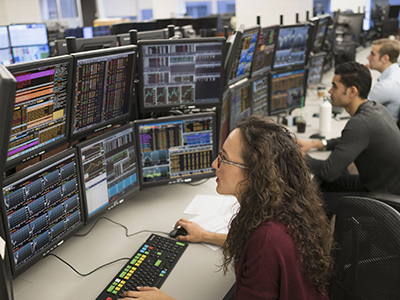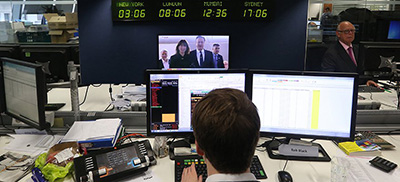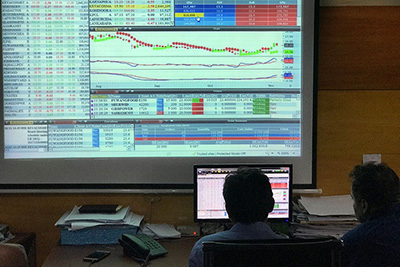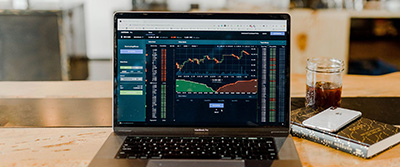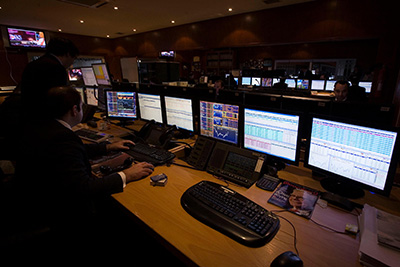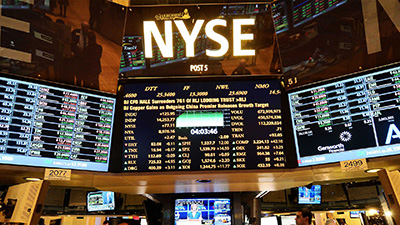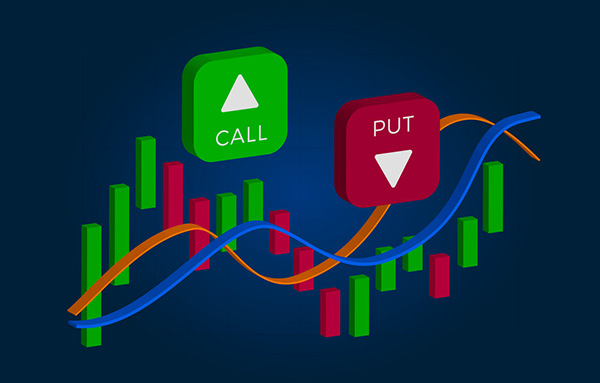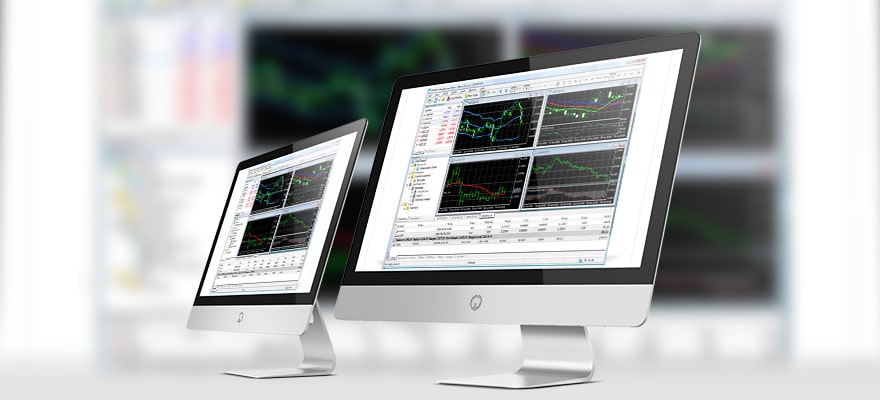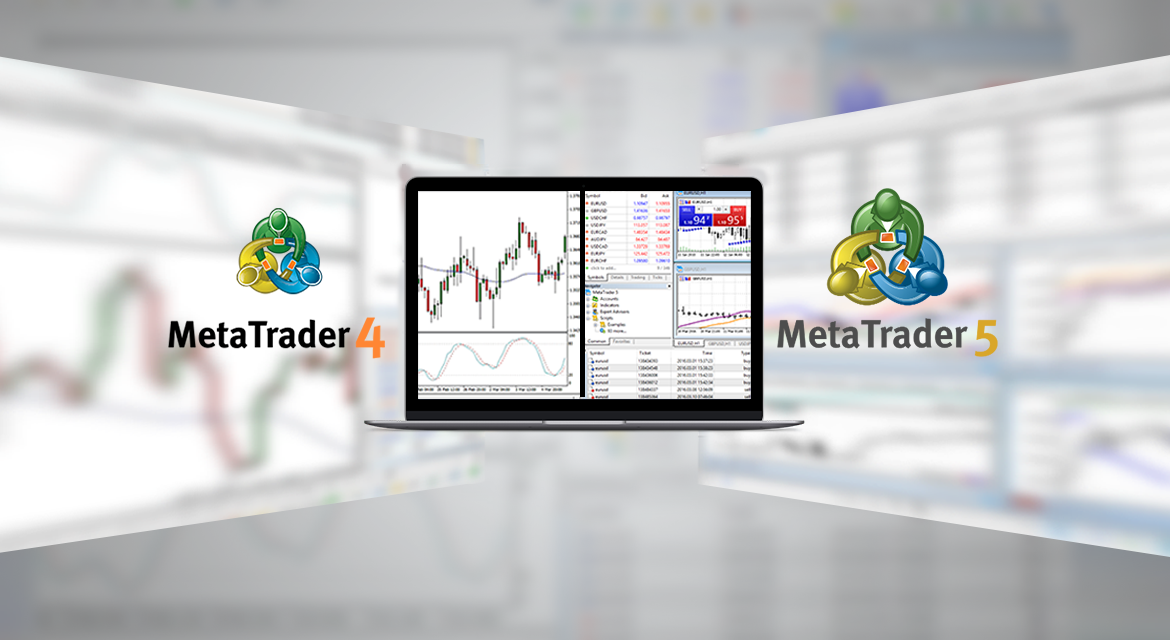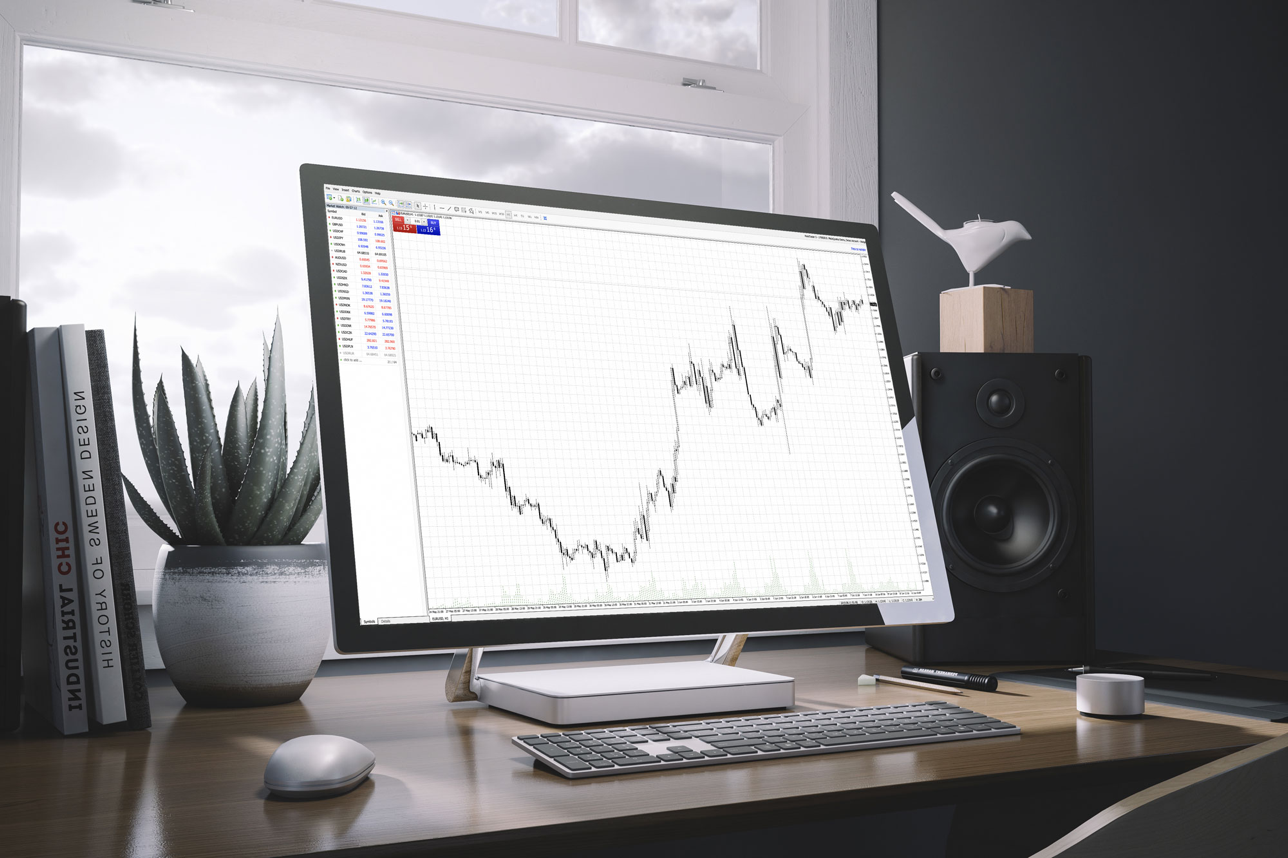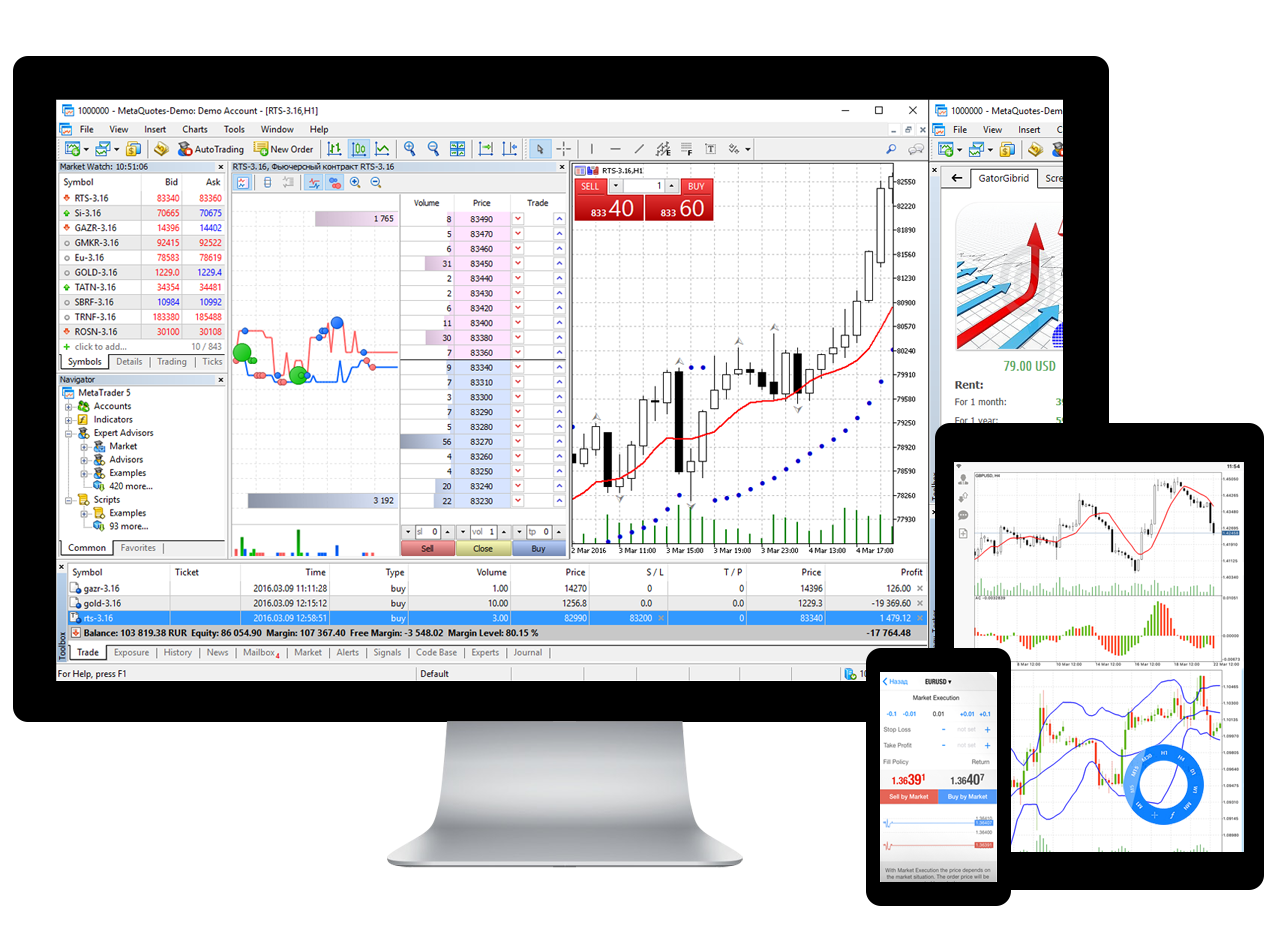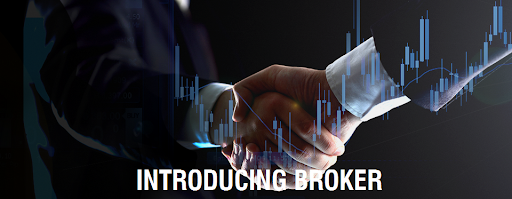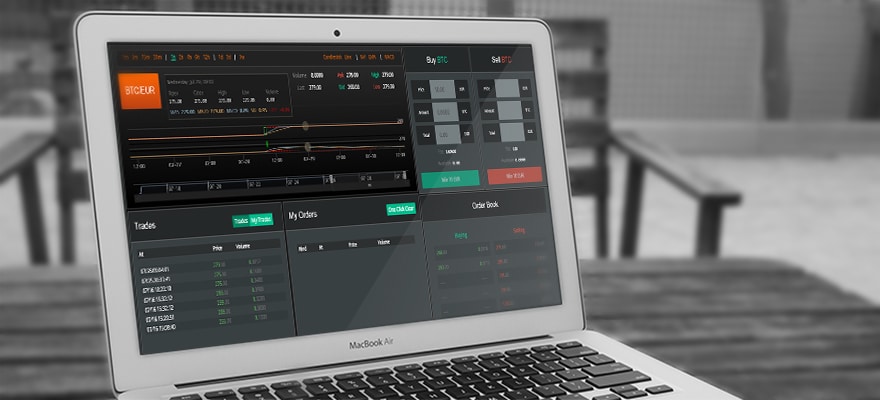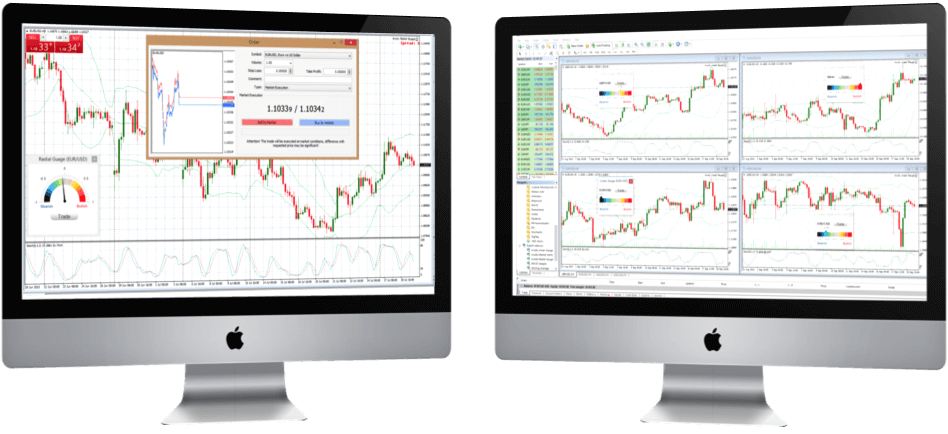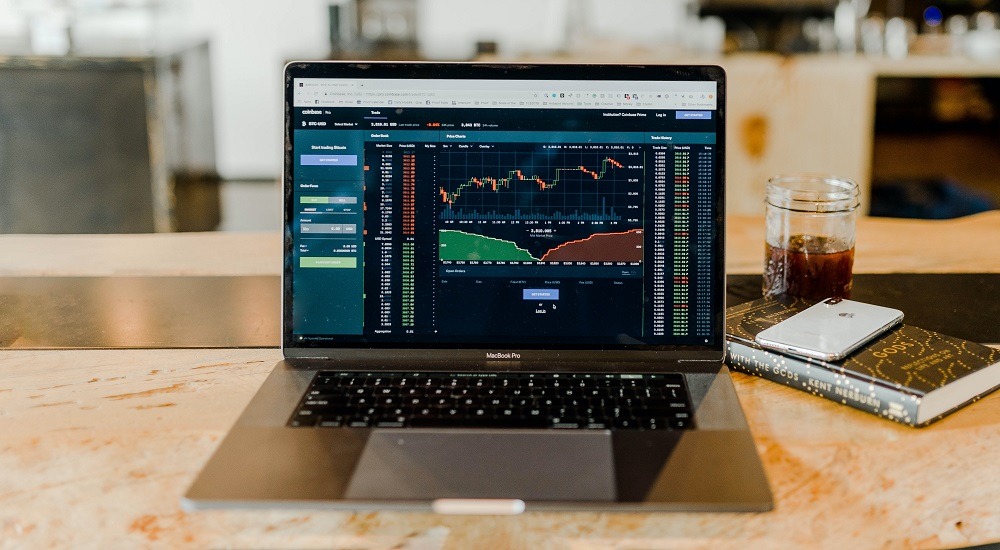
Broker or trader: what career to choose?
You can not decide on the career of a broker or trader? Both work with securities, but work differently, and these differences may be decisive for your choice of a successful career. In this article we will consider the features of the broker and trader and the requirements necessary to work in these specialties.
Brokers and traders
Although brokers and traders sell and buy securities, brokers also act as sales agents (both on their own behalf and on behalf of the brokerage company). Traders also work for large investment companies, they buy and sell securities for assets managed by their organization.
Brokers, as a rule, establish direct contact with clients, both individuals and legal entities, and receive instructions from them on the purchase and sale of securities. Traders enter into transactions on the exchange on behalf of the portfolio manager (or managers) of the investment company.
Finally, the broker, in addition to its main activity, is engaged in the formation and expansion of the client base.
Background brokers and traders
Brokers and traders, as a rule, are very energetic people, they have good communication and negotiation skills. Multitasking and stability when working at a fast pace and with high loads are important personal qualities for these professions.
If you are just getting ready to become a broker or trader, you need to learn as much as possible about financial markets. It’s best to start by reading The Wall Street Journal or The Financial Times and watching financial news on CNBC.
In order to get to the stock market, special education is not required, but if you are already in college, it will be useful to take courses in economics or finance, as well as business and sales. Most often among brokers and traders there are graduates of economic, financial and mathematical departments. Many of them graduated from physical, biological and engineering faculties. And even among the humanities who studied history, linguistics, political science and philosophy, there are many people who have made successful careers in the stock market. However, keep in mind that if you do not have any education in business or finance, the road to success may be delayed.
Another important note: you will benefit from experience in other areas. If you are planning to become a broker, it is important to have a sales experience, since working with clients is an integral part of your future work.
Requirements for brokers and traders
To enter the stock market, you need a license * of the Agency for the Regulation of Financial Institutions (FINRA, formerly NASD), which gives the right to buy and sell securities. A FINRA license is issued based on the General Securities Registered Representative Examination or the Series 7 Exam. It assesses basic knowledge of investments, as well as knowledge of the rules of the Securities and Exchange Commission (SEC) – the organization that manages the investment sector of the economy [in the US]. After obtaining a FINRA license, you become a member of the stock market and get the right to buy or sell securities.
In many states [USA], in addition to the General Examination for Securities Representatives, you must pass the Unified Securities Agents State Law Examination, which is also called the Series 63 Exam. It also assesses knowledge on various aspects of the stock market.
Many brokerage and investment firms accept candidates without a license who are ready to pass the 7th and other series exams. Companies often conduct trainings or courses, and pay fees for passing the exam, carries out the so-called “Sponsorship”, allowing the candidate to take office.
One day in the life of a broker or trader
The broker spends most of the day notifying clients of price fluctuations on the exchange. Many customers give him instructions on the purchase of certain shares when the price drops below a certain level, or on the sale of securities owned by the company if their price reaches a certain value. In general, the broker should vigilantly monitor these fluctuations. Similarly, a trader receives instructions from a portfolio manager to buy and sell shares under certain conditions.
Brokers and traders also read analyst studies and, based on them, give clients or portfolio managers recommendations on transactions. In addition, brokers devote much time to expanding their client base. Usually they make cold calls to potential customers, tell them about their experience and skills. Brokers also often hold seminars on various topics related to investments. Brokers advertise these seminars in their local environment, hoping to gather a large audience and thus attract potential customers.
Conclusion
The working day of both the broker and the trader is rich and varied. Many brokers and traders like their work, and they often devote their whole lives to it. Some of them occupy different positions in the financial services sector, becoming analysts or portfolio managers. If you like a busy job, you are happy to read financial publications and seek a career for life, then the work of a broker or trader is best for you.
WhiteLabelsFX company provides the service of opening a brokerage business by opening a White Label license without exams, documents, etc. Confirmation of your status is your first payment. Have a questions? Contact us!





